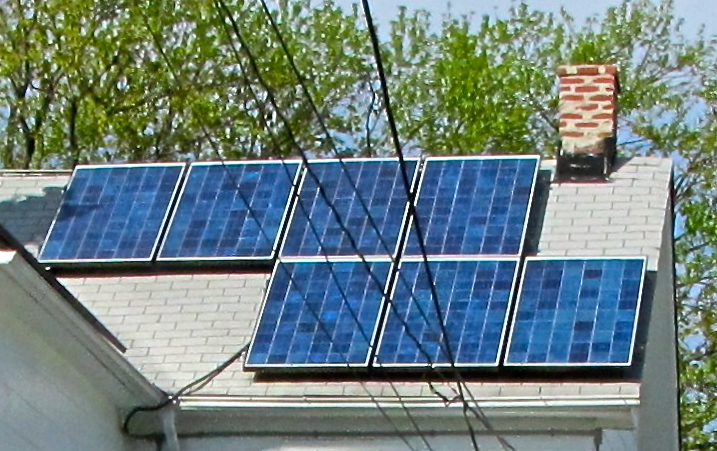Fraser Myers looks at the incel ?movement? (not quite sure if that’s the right word to encapsulate that group of people, honestly) and explains some of the more commonly used terms by and about incels:
Incels are ‘involuntary celibates’ – men frustrated with their inability to find a sexual partner. Estimates on the size of the incel community vary from thousands to hundreds of thousands. The forum ‘r/incels’ on Reddit had 41,000 members when it was banned in November 2017 for violating the site’s rules on violent content.
Incel forums, like the website incel.me and the message board /r9k/ on 4chan, are awash with anonymous declarations of self-pity, self-loathing and, at times, a violent misogyny directed at the women deemed responsible for their loneliness. Behind a great deal of mindless chatter and ‘shitposting’ is a shared understanding of how they came to be despised by the opposite sex, alongside a bewildering array of slang terms to describe and explain the various states of ‘inceldom’.
According to the incels, there is a ruthless sexual hierarchy, and as ‘beta males’, they find themselves at the bottom. The foil to the incel is a ‘Chad’ – a confident, attractive man with multiple sexual partners, comprising usually attractive but supposedly shallow women, known as ‘Stacys’. Chads are envied and despised in equal measure. Then there are the ‘normies’ (normal people), hated for their herd-like mentality and mocked for their ignorance of incel culture. ‘Blackpilling’ refers to the acceptance that the traits you are born with mean you are destined to be romantically unsuccessful. The term is a play on the moral dilemma presented by the 1999 film, The Matrix, in which Neo is offered a blue pill to remain in a world of illusion and a red pill to see the world as it truly is – ‘redpilling’ is a central trope in online men’s rights’ activism, while blackpilling is the incel equivalent. Physical traits such as height, facial features or penis size (sometimes posted with accompanying pictures), are said to play a big role in the incels’ low status, while a large number of them also blame self-diagnosed mental-health problems, particularly autism-spectrum disorders.
But while many incels are open about their flaws, ultimately the blame is laid on the women who overlook them. Women are seen as effectively slaves to their biology, guided by so-called ‘hypergamy’: an attraction to higher-status men linked to evolutionary psychology. Some parts of the so-called manosphere – a loose constellation of male-dominated online subcultures, including men’s rights activists and pick-up artists – believe that evolutionary psychology can be used to a man’s advantage, that certain techniques can be deployed to overcome a lack of attractiveness and confidence to manipulate women into bed or into a relationship. Incels reject even this bleak view and insist that beta males accept their place in the social-pecking order.
This belief in a rigid social hierarchy inevitably produces problems when it comes to race. ‘Ricecels’ (incels of Chinese and South East Asian origin) and ‘currycels’ (of South Asian descent) are often found posting photos of ‘proof’ of a theory called ‘JBW’, that in order for them to be successful with women they should ‘just be white’. Some white incels look upon black men with envy for their perceived sexual success, while a minority rail against any kind of ‘race mixing’ – even as a form of escape from inceldom.
In addition, incels speak of an ‘80:20 rule’ when it comes to sexual competition: the most attractive 20 per cent of men are said to be sought after by the most attractive 80 per cent of women, with the least attractive 80 per cent of men left to compete for the remaining 20 per cent of women. In previous eras, this situation would have supposedly been prevented by institutionalised monogamy. Some incels call explicitly for a return to a patriarchal society. Today’s world of relative sexual freedom, contraception, no-fault divorce and dating apps, on the other hand, is blamed for offering an abundance of opportunities for Chads and women, at the expense of incels.




